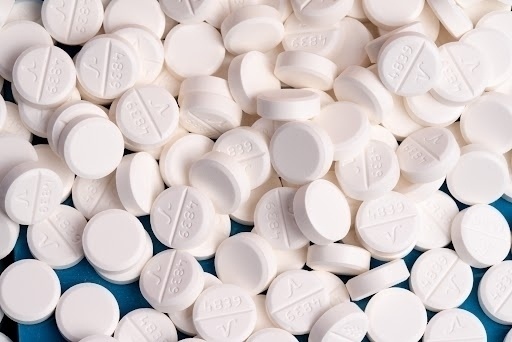The action comes after Travis County commissioners declared drug overdoses a public health crisis in May, with drug toxicity the leading cause of accidental death in Travis County in 2021.
The contract is part of Central Health’s multiyear Health Equity Plan. The contract will cost $100,000 for the remainder of the fiscal year and serve 15 low-income patients a month. On Oct. 1, the contract will expand to serve 50 patients per month. In addition to methadone access, the contract will provide behavioral health, group counseling, case management, peer support, lab tests and other addiction treatment services, according to a press release.
Central Health currently has contracts for suboxone—a brand name for the drug buprenorphine—that is also used to treat addiction. However, access to both treatment options increases a patient's chance at recovering, according to a press release. Further, addiction medicine specialist and psychiatrist Dr. Crispa Aeschbach-Jachmann said that methadone is often more effective for patients, especially those with a severe addiction.
Aeschbach-Jachmann compared methadone to a nicotine patch. Instead of intaking a large amount of an addictive substance at one time, like smoking a cigarette, a nicotine patch releases small amounts of nicotine throughout the day, stabilizing a person's cravings and limiting withdrawal symptoms. Methadone works the same way, releasing small amounts of opioids.
“Methadone and suboxone have different pharmacology—they work differently and can affect individuals differently. Some patients respond better to one than the other or need to transition from one to the other,” said Dr. Alan Schalscha, Central Health Chief Medical Officer, in a press release.
According to a press release, Central Health’s previous availability for methadone did not exist outside the hospital, leading patients to have to change medications when they return home, which can cause relapse.
“These treatments really really work well. They save people’s lives. They save families,” Aeschbach-Jachmann said.





